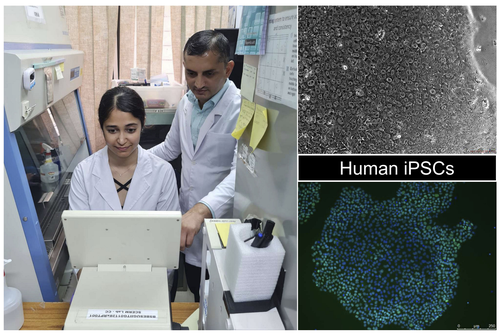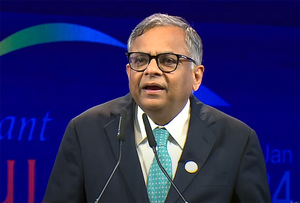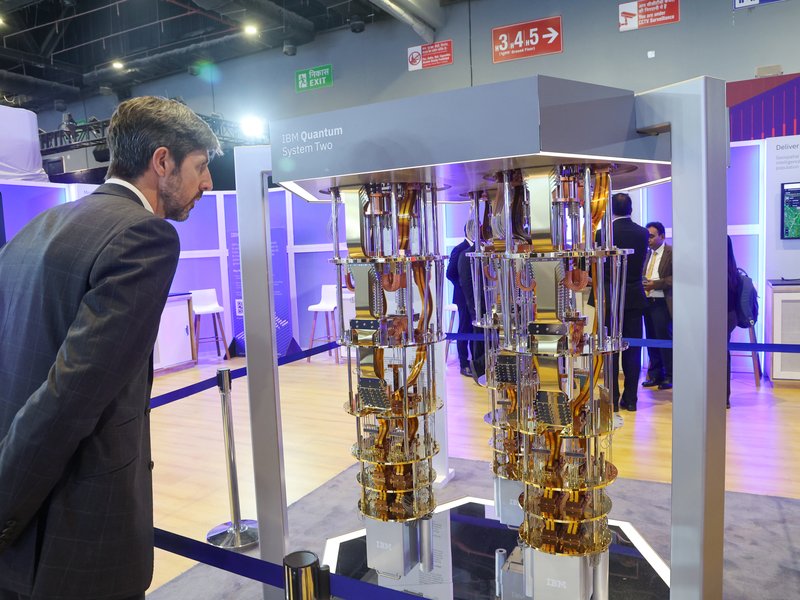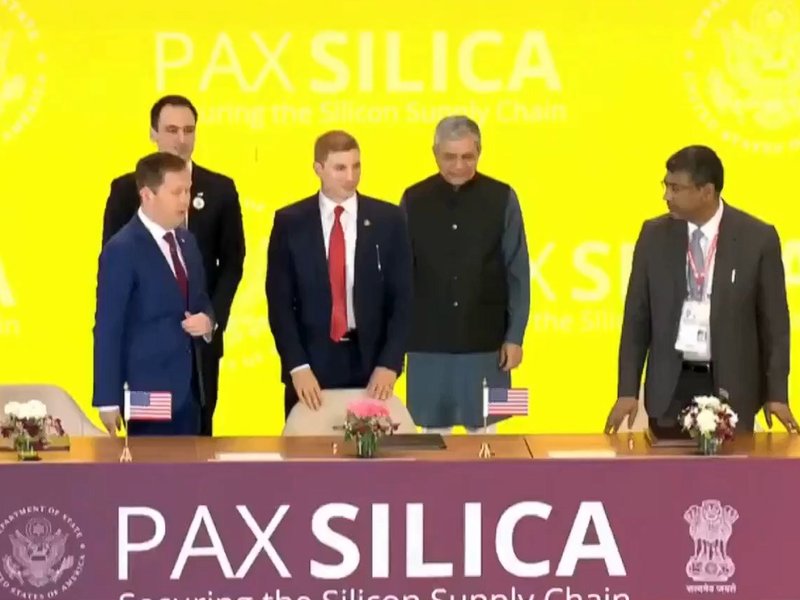New Delhi, Aug 16 (IANS) Researchers from the Indian Institute of Technology Guwahati (IIT G) in collaboration with scientists from Christian Medical College (CMC), Vellore, on Wednesday reported a method to convert regular human skin cells into pluripotent stem cells.
The research was conducted under the leadership of Dr Rajkumar Thummer, Assistant Professor, Department of Biosciences and Bioengineering, IIT G.
"The human body is made of many kinds of cells - nerve cells, heart cells, liver cells, pancreatic cells, and so on, with unique structures and functions. All these distinctive cells originate from stem cells to perform a specific function. Lack of any of this cell type in a human body will result in a disease or disorder. Thus, stem cells can be programmed to develop into mature functional cells, which can be used to replace damaged cells," Thummer said in a statement.
Stem cells have to be extracted from embryos or parts of the adult human body like the brain or bone marrow, which is challenging from both ethical and practical aspects. Thus, scientists are exploring techniques to convert ordinary cells, like skin or blood cells, into pluripotent stem cells - stem cells that can be programmed to develop into any other form of an adult cell type, the researchers explained.
These cells are called Induced Pluripotent Stem Cells (iPSCs).
The conversion of mature cells into iPSCs was first shown by Prof. Shinya Yamanaka, who won the Nobel Prize in 2012 for his discovery.
This research involved introducing specific genes into mature cells to convert them into iPSCs.
"The generation of iPSCs is a major step forward in the field of regenerative medicine. It will not only facilitate local research in the North East of the country but also encourage collaborations with national and international institutions, ultimately benefitting patients in the region," Prof. Shaji Velayudhan, a collaborator from CMC, Vellore, said in a statement.
Moreover, the researchers stated that iPSCs are useful for the design of stem-cell therapies for a range of ailments, plus iPSCs can be programmed to become beta islet cells to treat diabetes, blood cells to treat leukaemia, or neurons to treat disorders like Parkinson's and Alzheimer’s diseases.
--IANS
shs/prw











